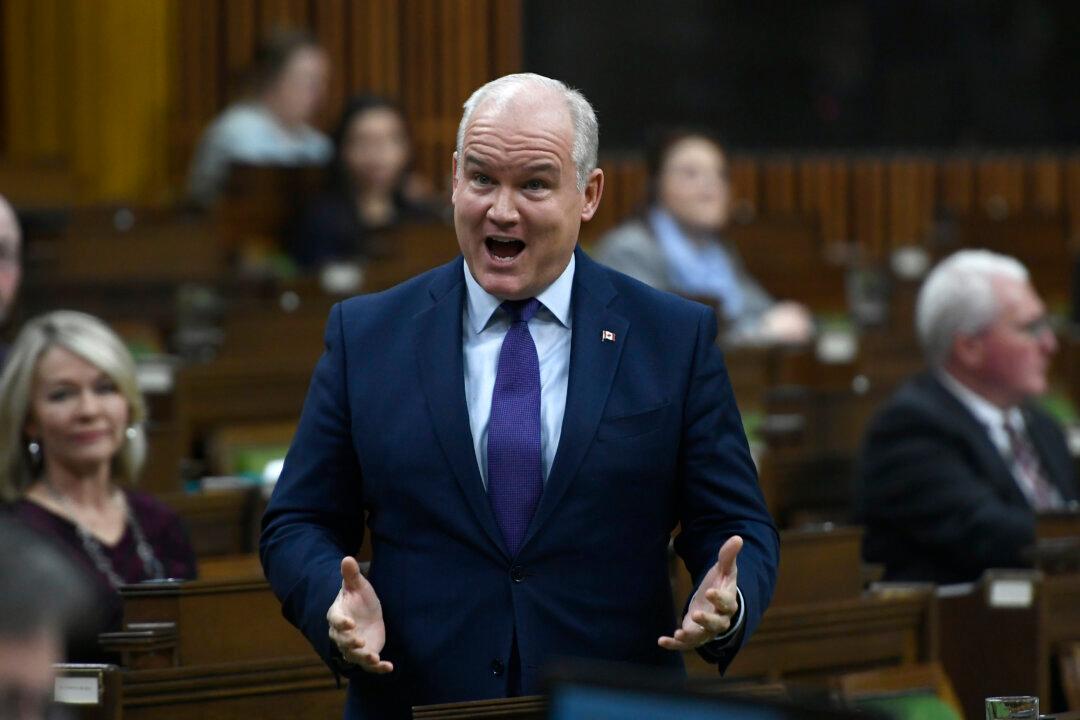The Conservatives pressed the Liberal government in the House of Commons on Dec. 10 for answers on the foreign affairs department’s push to have representatives from China’s military attend winter survival training in Canada.
“Why was [Deputy Prime Minister Chrystia Freeland] trying to push the Canadian Armed Forces to train the Chinese military on our soil, when they are abusing our citizens, our rights, international law,” Conservative Party Leader Erin O’Toole asked during the question period.





